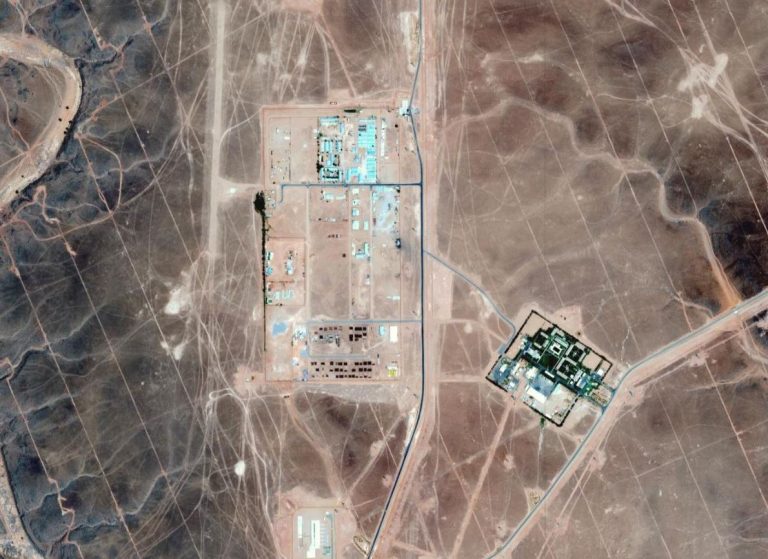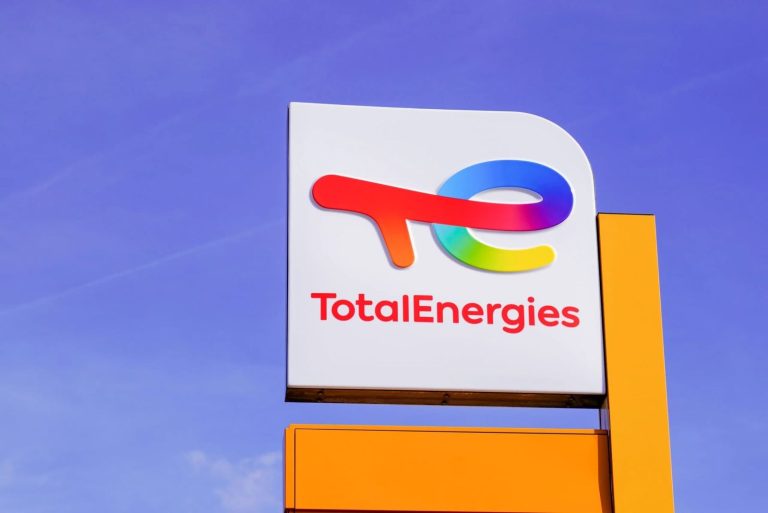The General Water Resources Authority in Libya (GWRA) employs a large and diverse workforce tasked with handling critical data analysis, visualisation, and online functions across various departments. Professionals at GWRA rely heavily on tools like Microsoft Excel, Photoshop, and Visual Basic to manage and present complex datasets, design visual content, and automate processes. Although these tools are widely used, mastering them to fully leverage their advanced features can be challenging. Recognising this need, GWRA engaged Qabas to deliver tailored training programmes aimed at empowering their employees with the skills to excel in these crucial digital tools.
The Situation
GWRA’s operations span various departments, each relying on different levels of expertise in digital tools like Excel, Photoshop, and Visual Basic. While many employees had basic familiarity with these applications, the complex demands of data analysis, visualisation, and process automation require advanced knowledge and mastery to achieve higher productivity and efficiency. Given the critical nature of their tasks—ranging from detailed data reporting to professional content creation—the lack of comprehensive training was a significant barrier to optimising performance.
The need for a diverse training programme became apparent, one that could cater to different profiles within the organisation, from data analysts to design teams and automation specialists. With employees handling a mix of legacy systems and modern digital tools, it was crucial to provide tailored, in-depth training that would address specific challenges and elevate the overall digital proficiency across the authority.
Our Approach
Qabas designed and delivered a series of intensive training programmes that catered to different skill levels and covered the comprehensive use of Excel, Photoshop, and Visual Basic. The courses were structured to equip participants with advanced techniques while considering the varied backgrounds and responsibilities of the trainees.
Key focus areas included:
- Advanced Excel for Data Analysis and Visualisation (21 Days): This course focused on enhancing participants’ abilities in data management, complex formulas, pivot tables, and advanced charting techniques. Employees learned how to streamline workflows, create dynamic reports, and automate repetitive tasks using Excel’s advanced features.
- Mastering Photoshop for Professional Visual Content (25 Days): Delivered to staff responsible for content creation and visual design, this course covered advanced image editing, graphic design, and creative visualisation techniques. The training focused on how to create high-quality visual content that meets professional standards, improving the organisation’s digital communication.
- Visual Basic for Automation and Process Improvement (5 Days): Aimed at automating repetitive tasks and enhancing productivity, this course provided participants with the knowledge to develop custom scripts and applications using Visual Basic. The training focused on integrating automation into daily operations, reducing manual workloads, and improving accuracy.
Implementation
The courses were delivered over a staggered schedule, allowing participants to focus on each tool thoroughly. Hands-on workshops, practical exercises, and real-world scenarios were incorporated into the sessions to ensure that the learning was directly applicable to the challenges faced within GWRA. Employees from various departments and with differing levels of experience were grouped strategically to encourage cross-functional learning and collaboration.
Results
The training programmes have significantly improved the technical capabilities of GWRA’s employees, allowing them to better manage data, create impactful visual content, and automate processes. The advanced Excel skills have led to more efficient data analysis and reporting, while the enhanced Photoshop proficiency has elevated the quality of visual communications. The integration of Visual Basic has streamlined operations, reducing manual tasks and increasing overall productivity.
GWRA’s investment in upskilling its workforce has positioned the organisation to meet the demands of an increasingly digital future, ensuring that it remains a leader in managing Libya’s water resources with cutting-edge technology and data management practices.



